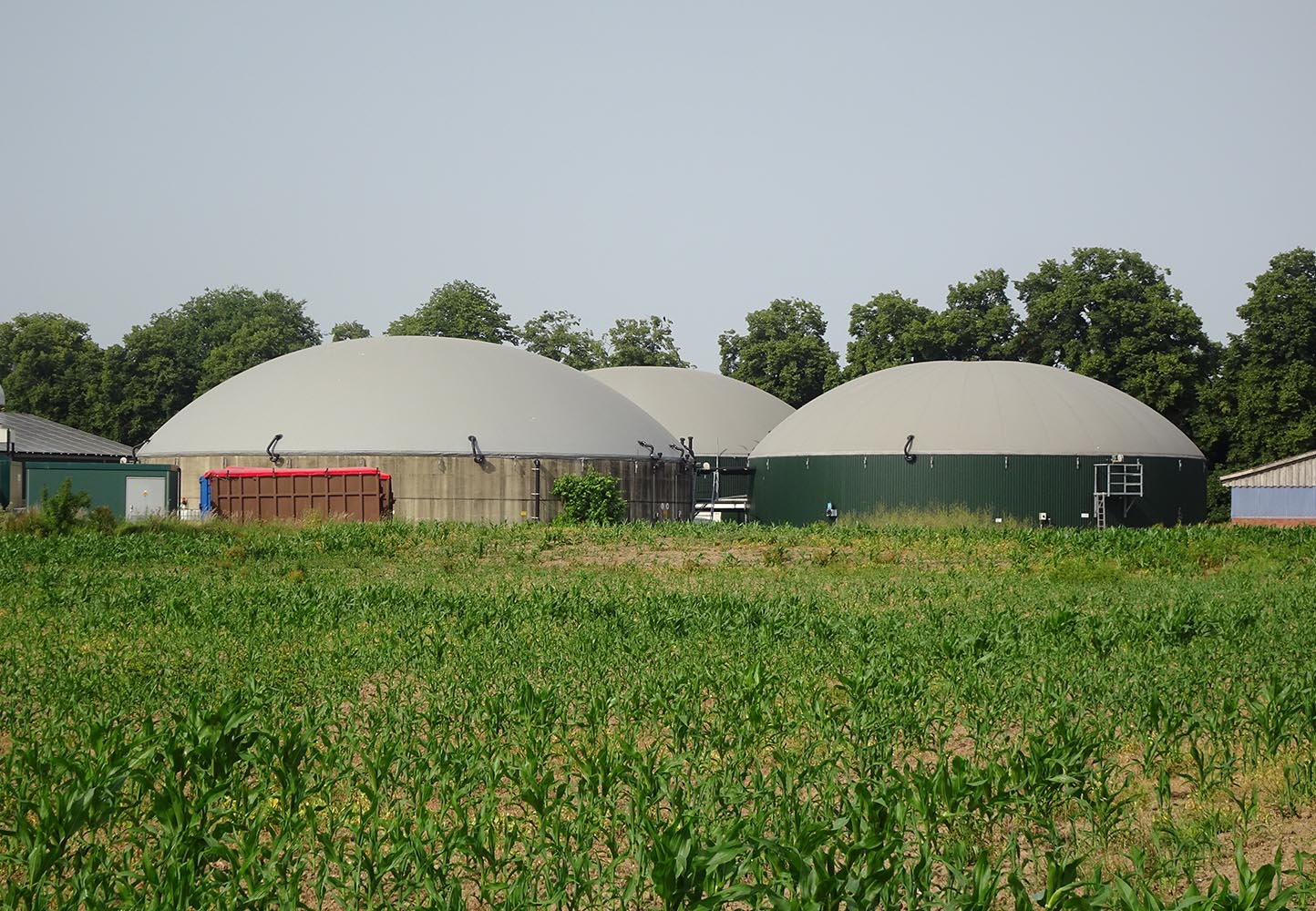
India mandates bio-gas blending in gas distribution
The Indian government, led by Petroleum Minister Hardeep Singh Puri, has announced a significant initiative to blend compressed bio-gas (CBG) in compressed natural gas (CNG) for transport and piped natural gas (PNG) for domestic segments of the City Gas Distribution (CGD) sector. This move, known as the CBG Blending Obligation (CBO), aims to promote the production and consumption of CBG in India.
The National Biofuels Coordination Committee (NBCC), chaired by Union Petroleum Minister Puri, declared the introduction of phase-wise mandatory blending of CBG. The CBO’s primary goals include stimulating CBG demand in the City Gas Distribution sector, substituting imports for liquefied natural gas (LNG), saving foreign exchange, promoting a circular economy, and aiding in achieving net-zero emissions.
Puri highlighted that the CBO would encourage an investment of approximately Rs. 37,500 crores and facilitate the establishment of 750 CBG projects by 2028-29. The CBO will initially be voluntary until the fiscal year 2024-25, with mandatory blending obligations starting from FY 2025-26. The blending percentages are set at 1%, 3%, and 4% for FY 2025-26, 2026-27, and 2027-28, respectively, increasing to 5% from 2028-29 onwards.
A Central Repository Body (CRB) will monitor and implement the blending mandate based on operational guidelines approved by the Minister of Petroleum & Natural Gas.
Additionally, efforts are underway to promote ethanol production from maize. The increase in maize cultivation area, yield per hectare, and production in recent years has been noted. Initiatives include developing high starch yielding maize varieties, improving the quality of maize dried distillers grain solids (DDGS), and faster registration of new seed varieties.
Furthermore, the committee set initial indicative blending percentage targets for sustainable aviation fuel (SAF/Bio-ATF). The targets are 1% SAF blending in 2027 (initially for international flights) and 2% in 2028.
This initiative marks a significant step towards sustainable energy and environmental conservation in India, aligning with global efforts to reduce carbon emissions.














